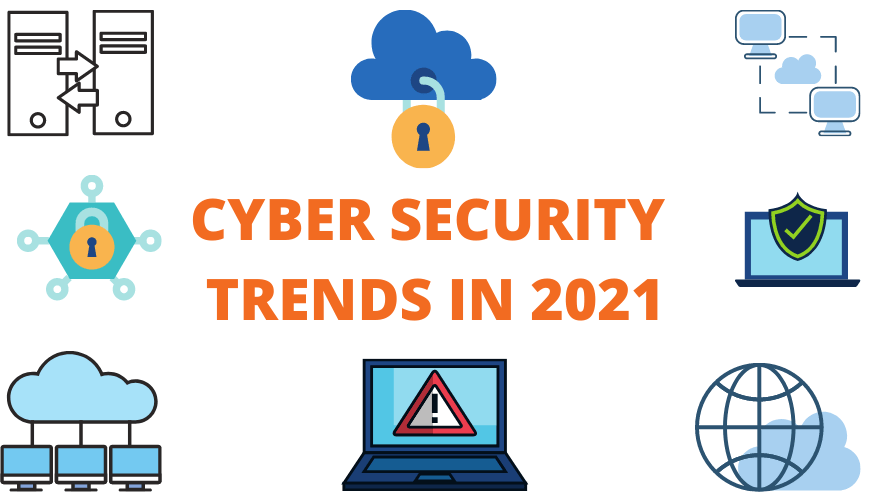The phrase "Endpoint Detection and Response (EDR)" may not be familiar to you, so we'll simplify things. To start with, let's simplify the name. An “endpoint” is a physical device, such as a laptop, mobile phone or desktop computer that connects and exchanges information with a computer network. “Detection” and “response” refers to threats – such as viruses – which EDR detects, identifies, quarantines or removes from your device.
How does Endpoint Detection and Response work?
EDR works in a similar way to antivirus, but it is a bit of an upgrade. Antivirus works by receiving updates about new, identified viruses, which are then checked for on your device. This system has worked well for over 30 years, but it does have its downsides. For example, viruses and malware emerge constantly and antivirus has to update to identify newer threats. This means – if antivirus updates are slow – newer viruses could still sneak past undetected and cause damage.
Unlike antivirus, EDR is like a security guard for your computers and servers. It watches over them and keeps an eye on what's happening. EDR also uses behavioural analysis and signature-based detection to identify suspicious or malicious activities and generates alerts for security teams to investigate.
Key Pillars of EDR
EDR relies on several key pillars. As well as keeping an eye on your systems and detecting potential viruses, it keeps records and makes reports, enabling us to learn from security incidents.
Data Collection
To help keep you cyber safe, EDR is constantly collecting information on your devices about what programmes are running, what files are changing and where your data is going. It then stores this data privately and securely for later reference, meaning when something suspicious happens, like an unexpected guest on your computer, EDR notices and lets you know.
Analysis
When EDR collects data from your computer, it checks it for unusual or strange behaviour using behavioural analysis. Everything online has a signature and EDR analyses everything on your computer – detecting when it doesn’t fit the norm – and then raises a flag to alert you to the potential issue.
AI Integration
EDR uses Artificial Intelligence (AI), which is like a smart helper, to make sense of all the data. It is able to learn from the past and spot unusual things faster and more reliably than humans can. With AI constantly developing and getting smarter, it can keep up with the constant evolution of threats quicker than humans analysing them.
What should you look for in EDR?
When buying a computer or a phone, you always do your research to make sure the product is up to scratch and suits your needs. You should do the same with EDR. We have curated a list of things to look out for when choosing the right EDR for you.
Fast response
When it comes to cyber threats, you don’t want to be alerted after something has got into your systems and already caused a lot of damage. With EDR you need it to be proactive and have real-time monitoring – detecting suspicious activity as it happens and isolating compromised devices or blocking malicious activity.
A cloud-based setup
Having a cloud-based set up for EDR is essential. This kind of system is super flexible and able to handle a lot of data quickly, it is also able to update easily like an app would on your smartphone. One of the biggest advantages is that it is accessible from anywhere. If you would like to ditch servers for the cloud, find out how Resolve can help here.
Real-time visibility
As well as being fast to respond, you want your EDR to have real-time visibility, alerting you to the threat it has detected as it is detected in real-time. This means you get to know instantly if anything unusual is going on, allowing you to take quick action.
Threat database
An EDR’s threat database is like a safety net for your computer. It is important as it is a library of known threats that EDR can use to identify unusual activity. It helps to recognise and block the threats right away, protecting your computer from known dangers.
Benefits of using Endpoint Detection and Response
There are many, many benefits of how EDR can help your business, here are a few of the key ones:
Identify threats quickly
When it spots trouble, EDR is fast - it’s like catching a problem before it gets serious. This enables you to act swiftly and stay one step ahead to avoid headaches down the road.
Actively seek out potential threats
Instead of waiting for the problem to happen and then acting, EDR goes out and looks for the problem. This proactive approach is a big benefit as it means that the trouble is avoided before it causes a problem.
Artificial Intelligence
Artificial Intelligence in EDR is like having a personal assistant for your computer’s security. It is fantastic at spotting things and can quickly learn and adapt, making it great at finding new and unknown threats. AI enables EDR to work faster and smarter, ensuring your computer stays protected from the latest dangers.
Security
EDR boosts your computer’s security. It acts as a security guard to your devices, keeping an eye out for anything suspicious and raising the alarm when it spots potential viruses and hackers.
Conclusion
In conclusion, EDR is the latest, most proactive and protective form of first-line protection. It’s fast paced with real-time monitoring and alerts to keep you up-to-date with potential unwanted viruses and malware. Plus, its artificial intelligence knows when to block something suspicious.
Find out more about how Resolve can assist you with your Endpoint Detection and Response needs today. You can also contact one of our Solutions Specialists here.



